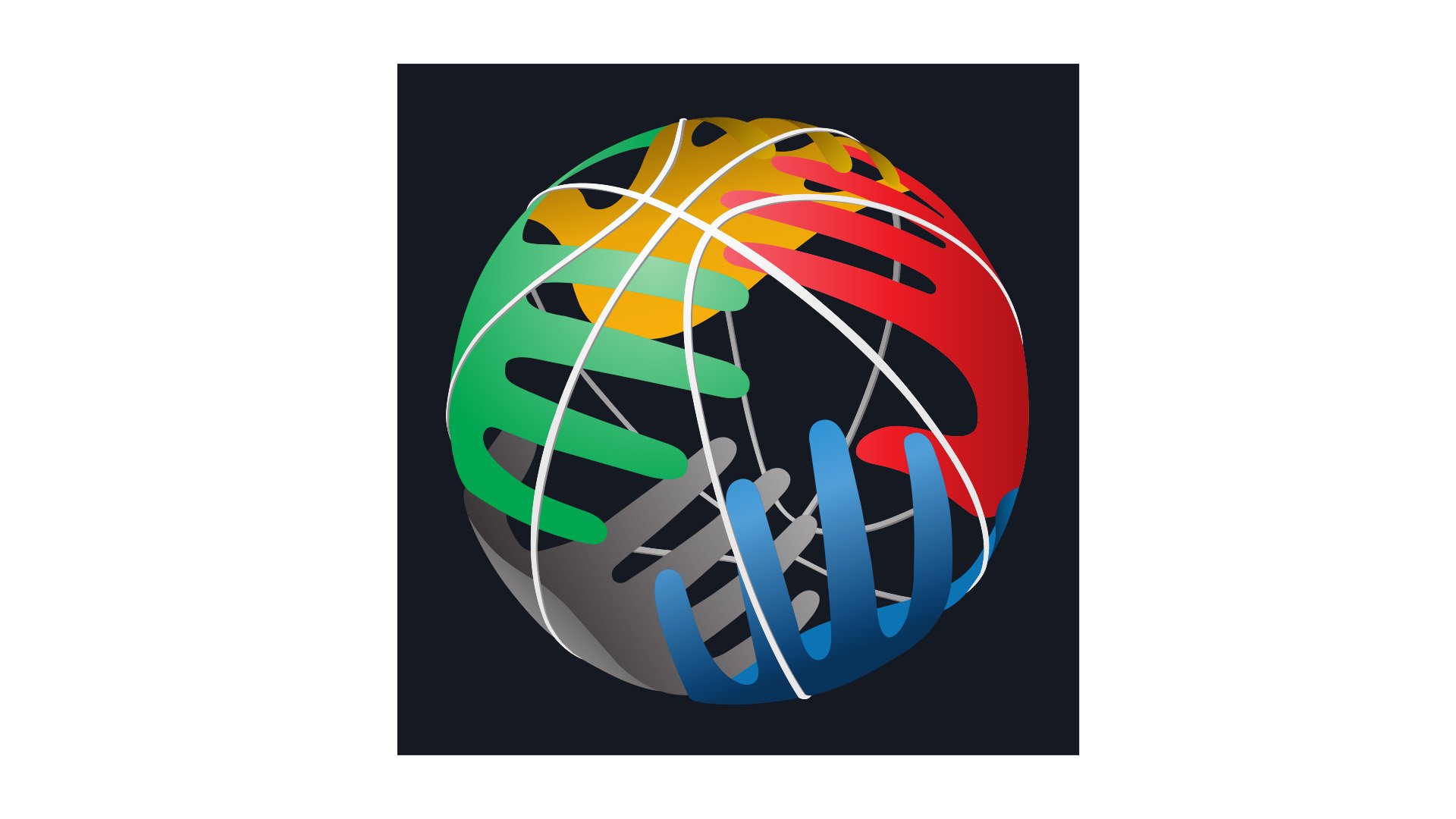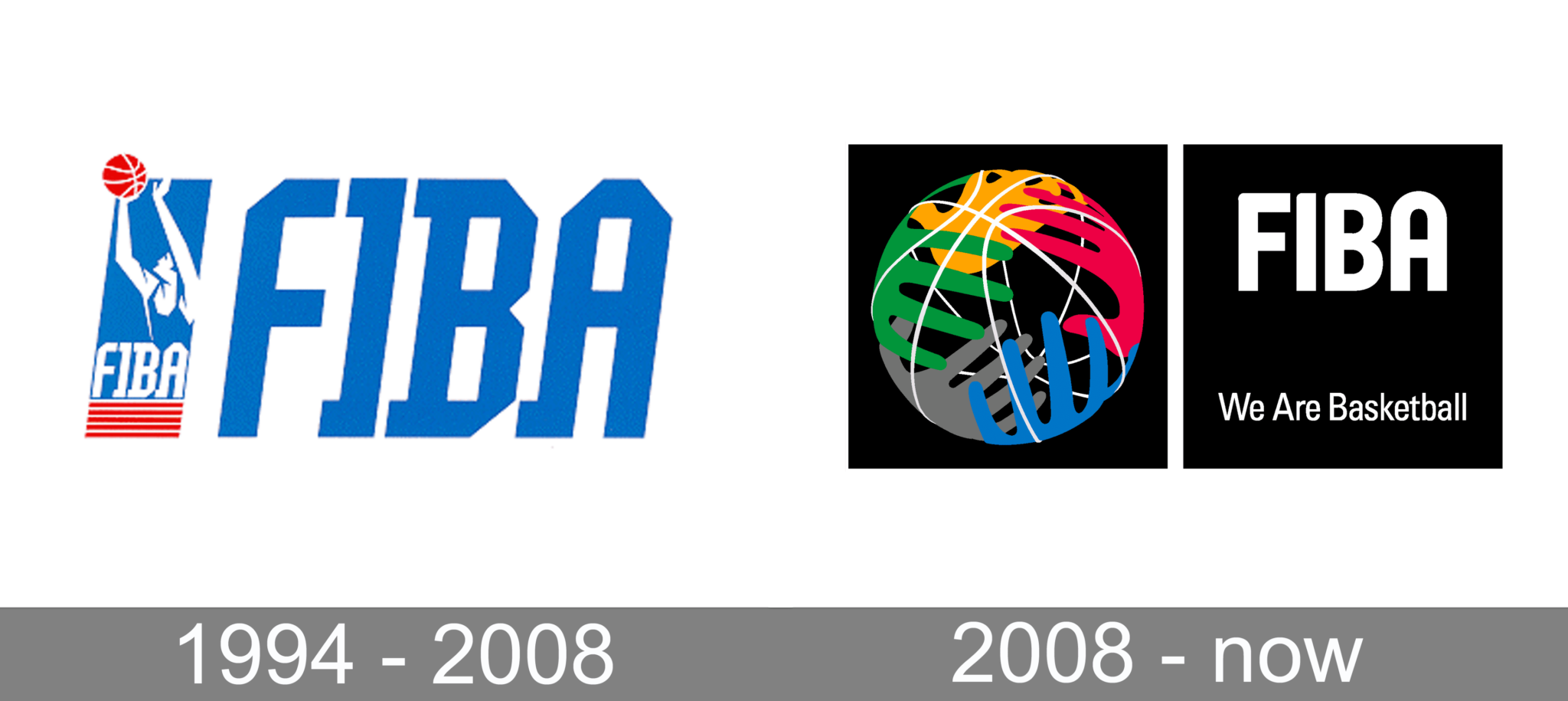FIBA Basketball

FIBA, the International Basketball Federation, is the governing body for basketball worldwide. It oversees and regulates the sport, promoting its growth and development across all levels, from grassroots to professional leagues.
History of FIBA
FIBA’s history is deeply intertwined with the evolution of basketball itself. Founded in 1932 in Geneva, Switzerland, FIBA initially consisted of eight founding member nations: Argentina, Czechoslovakia, Greece, Italy, Latvia, Portugal, Romania, and Switzerland.
- Early Years (1932-1949): The early years saw the establishment of the first official FIBA rules and the organization of the first international competitions, including the inaugural Men’s World Championship in 1950.
- Expansion and Growth (1950-1970): The 1950s and 1960s witnessed a significant expansion of FIBA’s membership, with the inclusion of many new nations, particularly from Asia, Africa, and South America. This period also saw the introduction of the Women’s World Championship in 1953.
- Modern Era (1970-Present): The modern era has been characterized by a surge in the popularity and professionalism of basketball, with FIBA playing a pivotal role in promoting the sport globally. This era has seen the introduction of major events like the FIBA Basketball World Cup, the FIBA Women’s Basketball World Cup, and the FIBA 3×3 World Cup, solidifying FIBA’s position as the leading organization for basketball.
Structure and Organization
FIBA’s structure is designed to ensure effective governance and management of basketball worldwide. It consists of a complex network of governing bodies, committees, and regional federations.
- FIBA Central Board: The Central Board is the supreme governing body of FIBA, responsible for setting the organization’s strategic direction and overseeing its operations.
- FIBA Executive Committee: The Executive Committee is the main decision-making body, responsible for implementing the Central Board’s decisions and managing the organization’s day-to-day affairs.
- FIBA Committees: FIBA has various committees dedicated to specific areas of the sport, such as competitions, rules, finance, and marketing. These committees advise the Executive Committee and provide expertise on their respective fields.
- Regional Federations: FIBA is divided into five regional federations, each representing a specific geographic region: Africa (FIBA Africa), Asia (FIBA Asia), Americas (FIBA Americas), Europe (FIBA Europe), and Oceania (FIBA Oceania). These regional federations organize competitions and manage basketball development within their respective regions.
Major FIBA Tournaments and Competitions: Fiba Basketball

FIBA, the International Basketball Federation, organizes several major international basketball tournaments that showcase the world’s best players and teams. These tournaments attract millions of fans worldwide, generating excitement and passion for the sport.
FIBA Basketball World Cup
The FIBA Basketball World Cup, formerly known as the FIBA World Championship, is the most prestigious international basketball tournament for men’s national teams. Held every four years, the tournament features 32 teams competing for the title of world champion. The tournament’s format involves a group stage followed by a knockout stage, culminating in the final match. The FIBA Basketball World Cup is a significant event in the basketball world, offering teams the opportunity to prove their dominance on the global stage.
The FIBA Basketball World Cup is a major international basketball tournament for men’s national teams.
FIBA Women’s Basketball World Cup
The FIBA Women’s Basketball World Cup, formerly known as the FIBA World Championship for Women, is the equivalent tournament for women’s national teams. It follows the same format as the men’s tournament, with 12 teams competing for the world championship title. The FIBA Women’s Basketball World Cup has witnessed the rise of numerous talented female basketball players, showcasing their skills and athleticism on the global stage.
The FIBA Women’s Basketball World Cup is a major international basketball tournament for women’s national teams.
FIBA Olympic Qualifying Tournaments, Fiba basketball
The FIBA Olympic Qualifying Tournaments are held to determine the final teams that will compete in the Olympic Games. These tournaments are crucial for national teams seeking a chance to compete in the prestigious Olympic basketball competition. The format varies depending on the tournament, with teams vying for a limited number of spots in the Olympics. These tournaments provide a platform for teams to showcase their talent and secure their place in the world’s most significant sporting event.
The FIBA Olympic Qualifying Tournaments are held to determine the final teams that will compete in the Olympic Games.
Comparison of FIBA Tournaments
The following table provides a comparison of the different FIBA tournaments:
| Tournament | Frequency | Number of Participating Teams | Prize Money |
|---|---|---|---|
| FIBA Basketball World Cup | Every 4 years | 32 | $1.5 million |
| FIBA Women’s Basketball World Cup | Every 4 years | 12 | $1 million |
| FIBA Olympic Qualifying Tournaments | Every 4 years | Varies | Varies |
Notable FIBA Players and Teams

FIBA, the International Basketball Federation, has witnessed countless exceptional players and teams that have shaped the sport’s history. From legendary figures who redefined basketball artistry to dominant national teams that consistently reigned supreme, their contributions have left an enduring legacy. This section delves into the remarkable achievements, playing styles, and impact of some of the most influential figures and teams in FIBA basketball.
Legendary Players
The impact of legendary players on FIBA basketball is undeniable. These individuals, through their exceptional skills, dedication, and leadership, have inspired generations of players and fans alike.
- Dražen Petrović (Croatia): A gifted shooter and ball-handler, Petrović was renowned for his exceptional scoring ability and clutch performances. His untimely death in 1993 left a void in the basketball world, but his legacy as one of the greatest European players continues to inspire.
- Arvydas Sabonis (Lithuania): A dominant center known for his exceptional footwork, rebounding prowess, and passing skills, Sabonis was a force to be reckoned with. He led Lithuania to a bronze medal at the 1992 Barcelona Olympics, marking a significant moment for the newly independent nation.
- Toni Kukoč (Croatia): A versatile forward known for his smooth shooting touch, passing ability, and defensive tenacity, Kukoč was a key player for the Chicago Bulls during their dynasty. His contributions to the NBA further solidified his reputation as one of the greatest European players of all time.
- Dirk Nowitzki (Germany): A prolific scorer and a skilled post player, Nowitzki revolutionized the game with his unique one-legged fadeaway shot. He led Germany to a bronze medal at the 2002 FIBA World Championship, becoming one of the most celebrated German athletes.
- Pau Gasol (Spain): A dominant center known for his rebounding, scoring, and defensive presence, Gasol was a key player for the Spanish national team that achieved international success in the 2000s. He is widely regarded as one of the greatest European players of his generation.
Dominant National Teams
FIBA basketball has seen the rise of dominant national teams that have consistently challenged for championships and set the standard for excellence. Their strategies, team chemistry, and unwavering dedication have made them formidable opponents on the international stage.
- United States: The United States has long been a dominant force in international basketball, winning numerous FIBA World Championships and Olympic gold medals. Their athleticism, skill, and depth have made them a formidable opponent for any team.
- Spain: Spain has emerged as a powerhouse in FIBA basketball, consistently challenging the United States for supremacy. Their strong fundamentals, team chemistry, and talented players have led them to multiple podium finishes in major tournaments.
- Argentina: Argentina has established itself as a force to be reckoned with in international basketball, known for its passionate style of play and skilled players. Their victory at the 2004 Athens Olympics was a landmark moment for the team and a testament to their dedication.
- Lithuania: Lithuania, despite its relatively small size, has made a significant impact on FIBA basketball. Their success is attributed to their strong tradition of basketball, talented players, and passionate fans.
- Serbia: Serbia has emerged as a strong contender in FIBA basketball, known for its athleticism, skill, and passionate fanbase. Their consistent performances in major tournaments have solidified their position as a top-tier national team.
FIBA basketball, the governing body for international basketball, has witnessed a remarkable dominance by the USA men’s national team. This dominance, often referred to as the “Dream Team” era, is a testament to the exceptional talent and skill of American basketball players.
The legacy of the USA men’s basketball team, a legacy of dominance , continues to inspire and influence the global basketball landscape, shaping the strategies and aspirations of teams and players worldwide. While the USA’s dominance has been challenged in recent years, their influence on FIBA basketball remains undeniable.
FIBA basketball, with its global reach and intense competition, offers a thrilling spectacle for fans. While the sport thrives on the court, a crucial element for enjoying the game is the ability to relax and unwind during breaks or between matches.
A Nautica beach chair and umbrella set provides the perfect solution, allowing spectators to bask in the sun while enjoying the captivating action of FIBA basketball.
